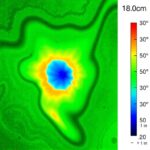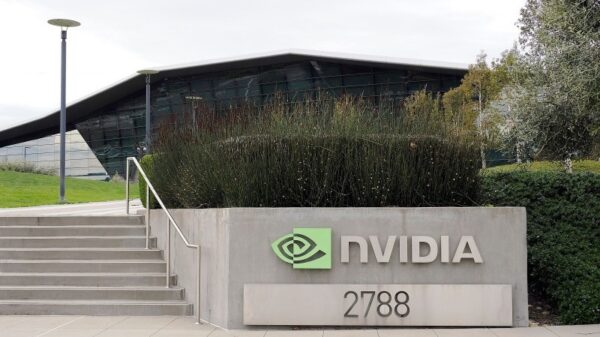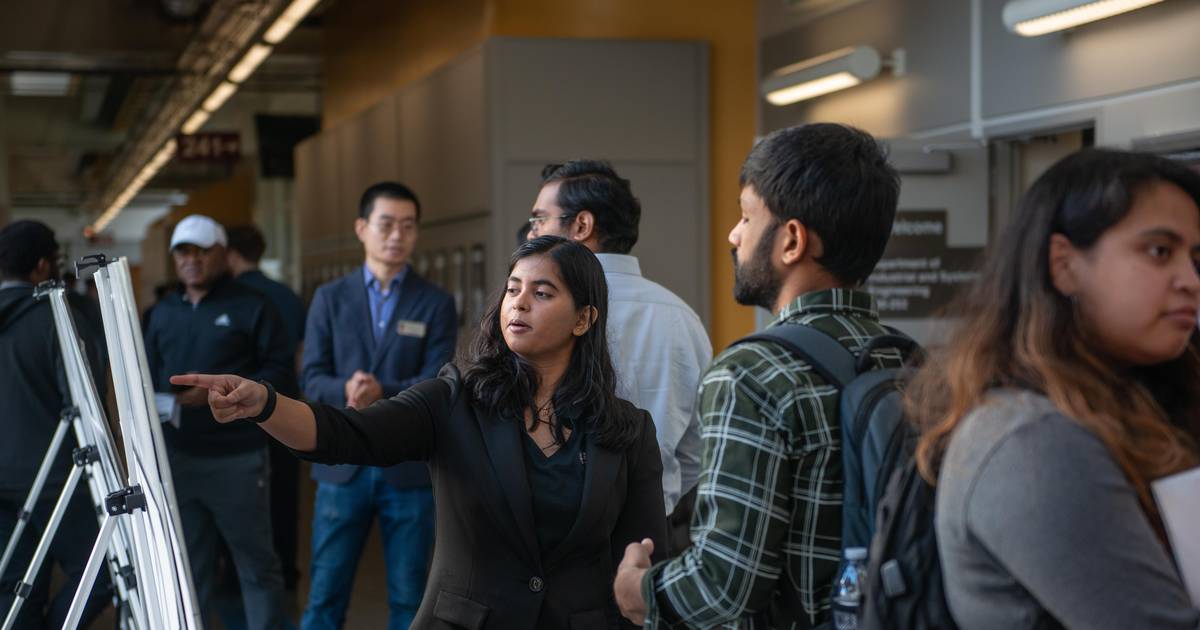Northern Illinois University’s College of Engineering and Engineering Technology recently hosted its annual Innovation Showcase, underscoring research initiatives poised to propel industrial advancements over the next decade. The event, themed “The Road to 2035: Engineering Breakthroughs Today,” featured insightful presentations and panels from six faculty members and two industry leaders.
Research Themes and Technical Contributions
Among the notable presentations, Professor Venu Korampally, Associate Professor Mahdi Vaezi, and Assistant Professor Vinay Budhraja focused on the evolution of advanced manufacturing techniques. They were joined by Leo Klinstein, Vice President of Engineering and Research and Development at Dukane, a global leader in plastic welding technology. This panel emphasized innovative strategies in materials and product design, critical for the upcoming industrial landscape.
Korampally’s research is particularly noteworthy for its emphasis on nanomanufacturing, which facilitates the creation of advanced sensors and diagnostic tools tailored for healthcare and environmental monitoring. Such advancements are crucial for developing more accurate diagnostic devices that can lead to timely interventions in health crises. Vaezi serves as the director of NIU’s Bioplastics Lab, where his team works on converting agricultural waste—such as hemp, soy, and wheat straw—into biodegradable plastics. This initiative not only minimizes landfill waste but also enhances the economic viability for farmers, addressing both sustainability and agricultural economics.
Budhraja’s research delves into the realm of 3D printing, specifically focusing on the development of flexible, low-cost sensors aimed at monitoring both plant and human health. These wearable devices leverage artificial intelligence to track vital metrics such as stress levels, nutrient intake, and disease biomarkers, offering a promising avenue for health monitoring with applications in telemedicine.
Artificial Intelligence Applications and Research Initiatives
The showcase further included a specialized afternoon session dedicated to artificial intelligence, featuring presentations from Professor Lichuan Liu, Associate Professor Christine Nguyen, and Associate Professor Sachit Butail, along with Art Holzknecht, Engineering Manager at Hiwin, a prominent international manufacturer of machine parts. Liu, who leads NIU’s Biomedical Engineering Program, employs AI techniques to analyze physiological sounds and signals, including breathing, crying, and speech patterns. These analyses aim to facilitate early detection of health issues in children and enable continuous monitoring of heart conditions in adults.
Nguyen’s research harnesses AI and data analytics to improve practical applications such as optimizing laser-cut metal parts and innovating designs for brake pads. By integrating AI, her work not only enhances the efficiency of manufacturing processes but also contributes to the creation of superior product designs. Butail focuses on mathematical modeling and algorithm development to investigate collective behavior, drawing parallels between biological systems—like flocks of birds and human crowds—and their implications for broader applications, including understanding ecosystem collapse and tracking the spread of diseases like COVID-19.
The Innovation Showcase also celebrated significant milestones for the College of Engineering and Engineering Technology, including the induction of its inaugural Hall of Fame members. Key figures such as founding Dean Romualdas Kasuba (posthumously), retired Dean Promod Vohra, and distinguished alumni Joe Sener and Divya Behl were recognized for their contributions to the institution, coinciding with the college’s 40th anniversary.
Future Directions and Implications
The engagements at the showcase reflect a broader trend in engineering and technology disciplines, where interdisciplinary collaboration is increasingly vital. The integration of AI into traditional engineering methods not only enhances the quality and efficiency of manufacturing but also opens new avenues for sustainable practices and innovative product development.
As academia and industry continue to intersect, the work presented at the Innovation Showcase elucidates critical advancements that align with global goals of innovation and sustainability. The ongoing research by NIU’s faculty positions the institution as a key player in shaping the future of engineering, particularly in areas intersecting with AI, manufacturing, and environmental stewardship.
In summary, the contributions highlighted at the event present a compelling narrative about the transformative potential of engineering research. They underscore the importance of collaborative efforts between academia and industry to foster innovations that not only address current challenges but also lay the groundwork for future technological advancements.
 Conformal Deep Learning Model Predicts Core Body Temperature Non-Invasively in Extreme Environments
Conformal Deep Learning Model Predicts Core Body Temperature Non-Invasively in Extreme Environments Google DeepMind Launches AI Lab in Singapore to Enhance Regional Language Understanding
Google DeepMind Launches AI Lab in Singapore to Enhance Regional Language Understanding Google Reveals Nested Learning to Combat Catastrophic Forgetting in LLMs
Google Reveals Nested Learning to Combat Catastrophic Forgetting in LLMs Alphabet Shares Surge 9.4% After Buffett Invests $4.3B, Launching Gemini 3 AI
Alphabet Shares Surge 9.4% After Buffett Invests $4.3B, Launching Gemini 3 AI Cofounder Cited in False Reference; Psychiatry Research Faces Undisclosed COIs
Cofounder Cited in False Reference; Psychiatry Research Faces Undisclosed COIs


























































